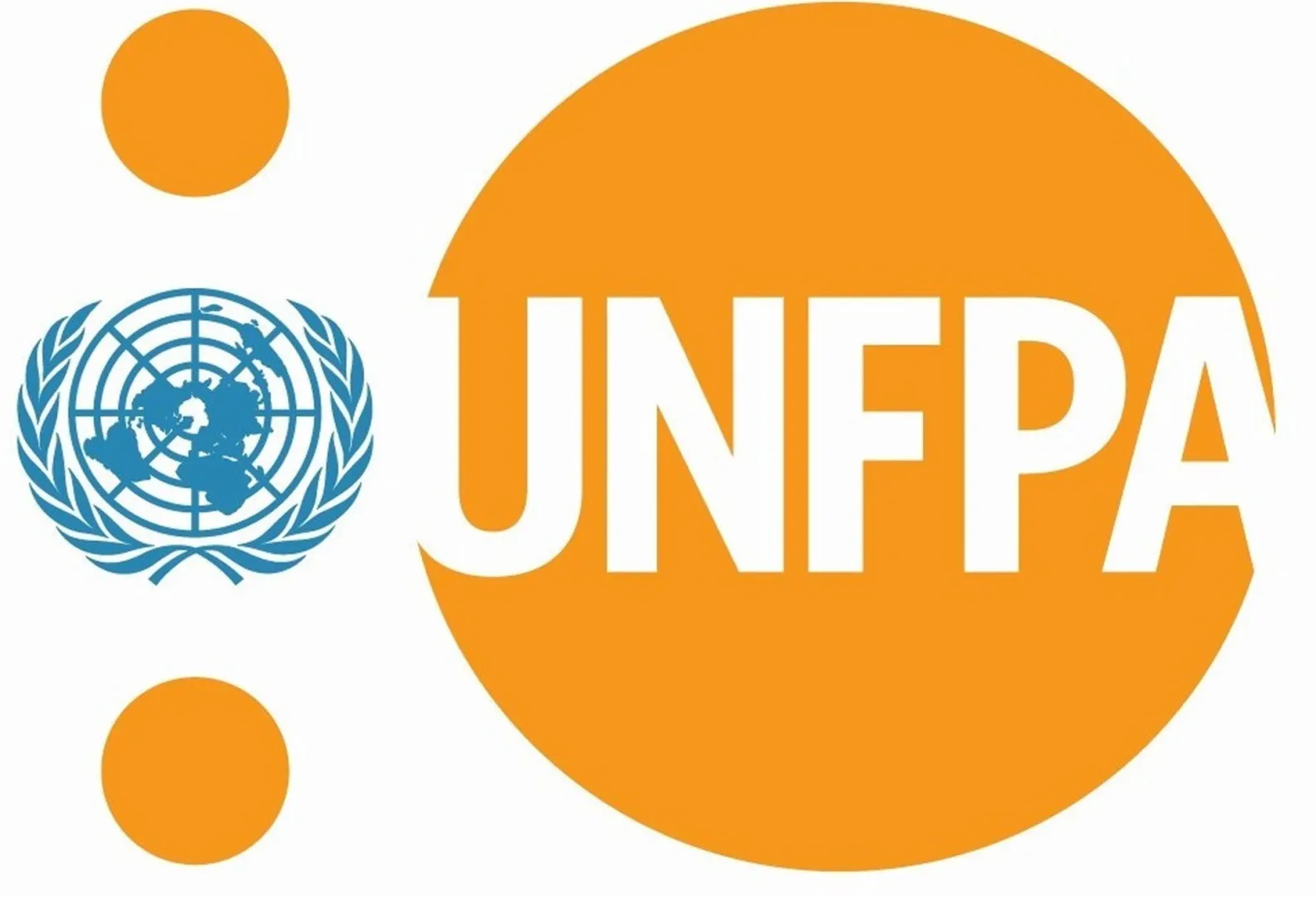
He said the funds, released in two tranches of N16 billion each, would support renovations, procurement of commodities and capacity building of frontline health workers under the BHCPF
Source: Nike Adebowale-Tambe

Primary Healthcare Centre Gwanara
In June, Nigeria’s health sector recorded several pivotal moments—some promising, others troubling. The federal government announced a significant N32 billion disbursement under the Basic Health Care Provision Fund (BHCPF) to strengthen primary healthcare delivery nationwide. Lagos, Nigeria’s commercial nerve center, inched closer to eliminating malaria, while concerns about measles, Lassa fever, and Mpox highlighted persistent gaps in disease surveillance and immunization.
BHCPF: FG to disburse N32bn for PHC revamp
In June, the federal government announced a fresh disbursement of N32 billion under the Basic Health Care Provision Fund (BHCPF) to revamp over 8,000 primary healthcare centres (PHCs) across the country.
The Chairperson, Health Commissioners Forum, Oyebanji Filani noted that this is part of efforts to strengthen basic healthcare delivery and ensure access to essential services for millions of Nigerians.
He said the funds, released in two tranches of N16 billion each, would support renovations, procurement of commodities and capacity building of frontline health workers under the BHCPF.
The Lagos State Commissioner for Health, Akin Abayomi, disclosed that the state is on the verge of making history, positioning itself as the first West African geopolitical zone to eliminate malaria.
Mr Abayomi said this will not be through a vaccine or genetically modified mosquitoes, but by employing “simple common sense” medical practices and a robust public health strategy.
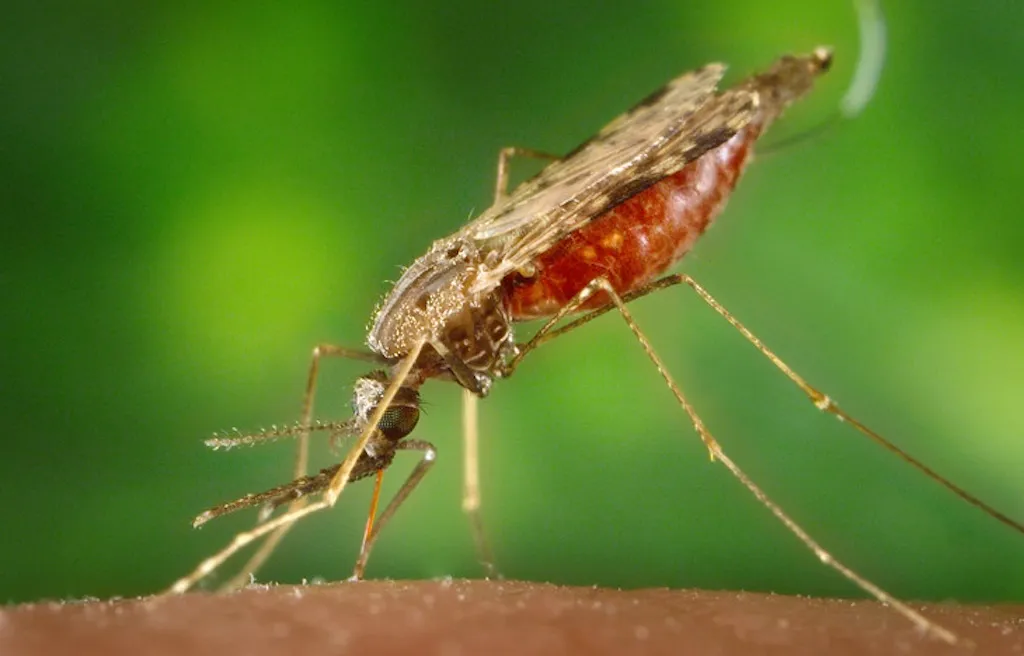
This 2005 photograph depicts a female Anopheles albimanus mosquito while feeding on a human host, thereby, becoming engorged with blood.
This ambitious goal is driven by the state/ministry and Wellington Oyibo, director of the Centre for Transdisciplinary Research for Malaria and Neglected Tropical Diseases.
The United States Centres for Disease Control and Prevention(US CDC) called for improved immunisation coverage in Nigeria to curb the rising spread of measles across the country.
An epidemiologist with the CDC Nigeria Global Immunisation Disease (GID), Joseph Forbi, said measles remains a major cause of childhood illness and deaths worldwide.
Mr Forbi noted that Nigeria is currently among the top 10 countries reporting the highest number of measles cases globally.
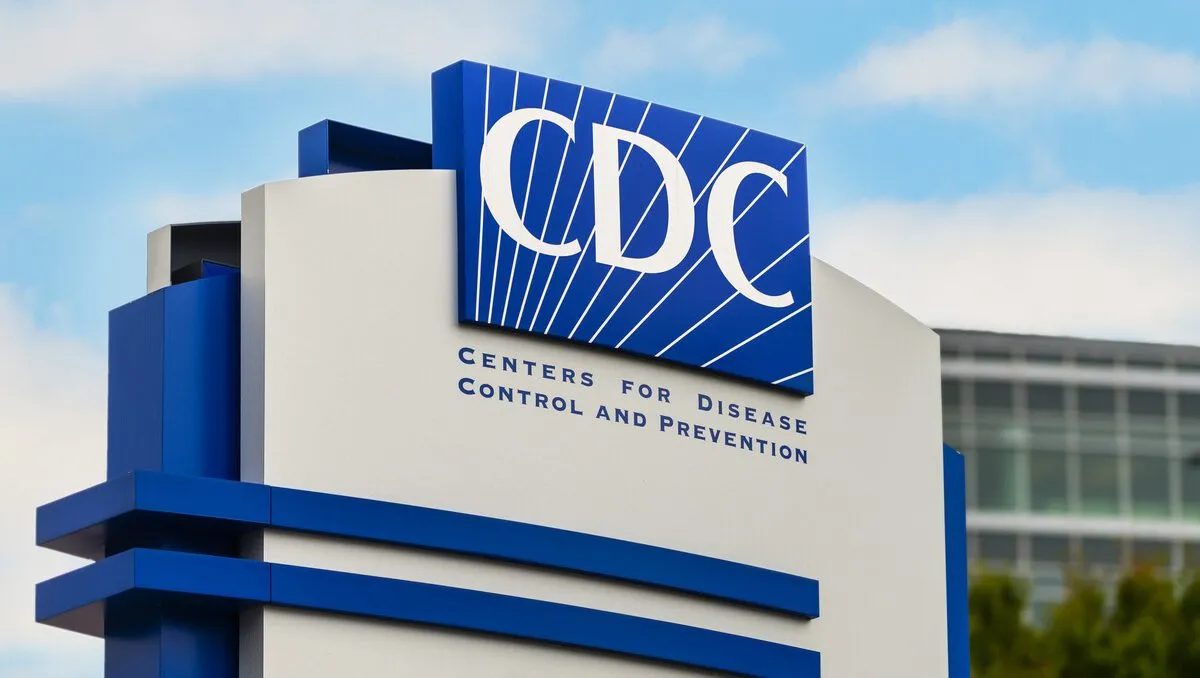
US Centres for Disease Control and Prevention (CDC) (PHOTO CREDIT: CDC)
He revealed that in 2024, Nigeria reported over 20,000 suspected measles cases, with approximately 10,000 confirmed, mostly among unvaccinated and under-vaccinated children.
In June, Billionaire philanthropist Bill Gates announced that the majority of the $200 billion his foundation will disburse over the next two decades will be allocated to improving health and development in Africa.
Mr. Gates, the chair of the Gates Foundation, emphasized that Africa would receive the largest share of the funding, citing the continent’s potential and the urgent needs.

Bill Gates [PHOTO CREDIT: wonderfulengineering]
“I recently made a commitment that my wealth will be given away over the next 20 years. The majority of that funding will be spent on helping you address challenges here in Africa,” he told the audience, including African leaders, health professionals, youth representatives, and development partners.
Mr Gates praised African governments that prioritise the health and well-being of their citizens and called for more investment in primary healthcare.
The World Health Organisation (WHO) has maintained that Mpox, formerly known as monkeypox, continues to constitute a Public Health Emergency of International Concern (PHEIC).
The WHO Director-General, Tedros Ghebreyesus, made this declaration following the fourth meeting of the International Health Regulations (IHR) Emergency Committee held on 5 June, where global health experts reviewed the situation and advised to uphold the emergency status.
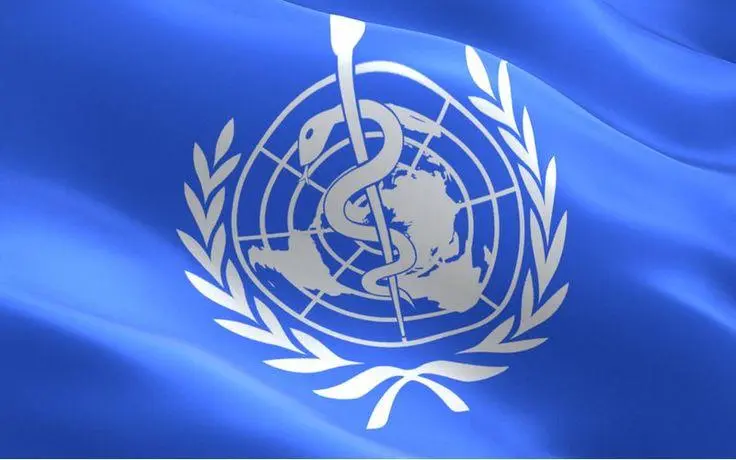
WHO logo
In a statement, Mr Ghebreyesus said that although some countries have made progress in responding to the outbreak, the overall situation remains concerning.
He noted that the decision was influenced by the continuous increase in Mpox cases, including a recent surge in West Africa, and likely undetected transmission in countries beyond the continent.
Polycystic Ovary Syndrome (PCOS) and ovarian cysts are two common conditions affecting women’s reproductive health, but they are often misunderstood and perceived as the same.
Both conditions affect the ovaries and can impact fertility, but they are fundamentally different in causes, symptoms, and treatment approaches.

Polycystic Ovary Syndrome (PCOS)
According to Nigerian medical doctor and health educator, Chinonso Egemba, popularly known as Aproko Doctor, understanding the difference between the two conditions is essential to ensure proper diagnosis and treatment.
In a continued push to improve the quality of healthcare delivery under its supervision, the National Health Insurance Authority (NHIA) sanctioned 49 healthcare facilities (HCFs) and 47 Health Maintenance Organisations (HMOs) for various infractions in 2024.
The sanctions, issued in line with the Authority’s operational guidelines, followed investigations into complaints from enrollees under both state and national health insurance schemes.
A statement signed on Sunday by NHIA’s Acting Director of Media and Public Relations, Emmanuel Ononokpono, revealed that key complaints against healthcare facilities included the unavailability of medicines, denial of services, out-of-pocket charges for covered services, and failure to provide payment narrations.
Convulsions, commonly called seizures, are becoming an increasingly frequent health concern among Nigerian children, especially those living in overcrowded and impoverished environments such as internally displaced persons (IDP) camps.
According to a neurology expert, Nkechi Obianozie, malnutrition, poor hygiene, and infectious diseases are among the top triggers of seizures in these vulnerable populations.
Ms Obianozie explained that seizures occur due to abnormal electrical discharges in the brain. In children, they often manifest as sudden jerking movements, loss of consciousness, or both.
“These episodes are sometimes mistaken for other illnesses like fever, but they are often signs of something more serious, especially in areas where access to healthcare is limited and basic needs are unmet,” she said.
Billionaire philanthropist Bill Gates raised concerns about Nigeria’s insufficient investment in healthcare, stating that the country’s current health budget is inadequate to meet its pressing health needs.
Mr Gates, chair of the Gates Foundation, warned that the health budgets will be under pressure, particularly with foreign aid cuts, adding that there will be less money for health in Nigeria next year than this year.
He observed that the low funding for health was part of the reasons Nigeria has the second highest maternal and child mortality rate in the world.
The United Nations Population Fund (UNFPA) has attributed Nigeria’s high fertility rate to limited reproductive rights and access, rather than cultural preferences alone.
UNFPA’s Officer-in-Charge in Nigeria, Koessan Kuawu, noted that while fertility rates are declining globally,
Nigeria remains an outlier due to restricted access to reproductive health services and the persistent unmet need for family planning.
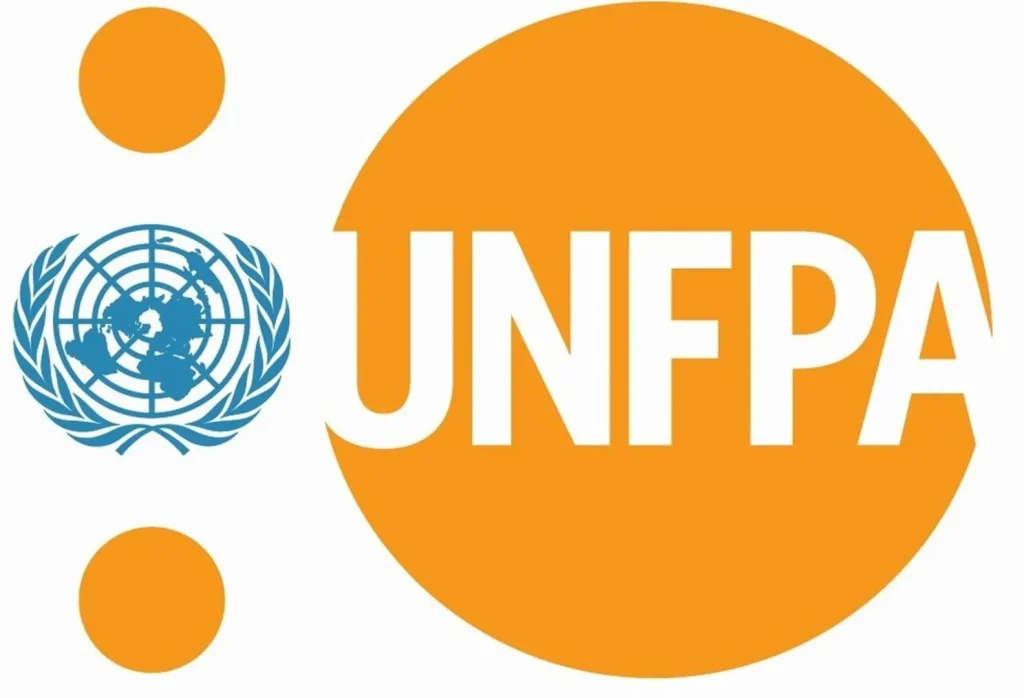
UNFPA
Mr Kuawu quoted a report, titled “The Real Fertility Crisis: The Pursuit of Reproductive Health Agency.” The report examines global trends relating to bodily autonomy and reproductive decision-making.
The Nigerian Association of Resident Doctors (NARD) condemned the massacre in Yelwata and Daudu communities in Guma Local Government Area of Benue State, which claimed over 200 lives, including a young pharmacist, Matthew Lormba.
In a statement signed by its President, Osundara Tope, NARD described the continued bloodshed in Benue State as “alarming and condemnable.”